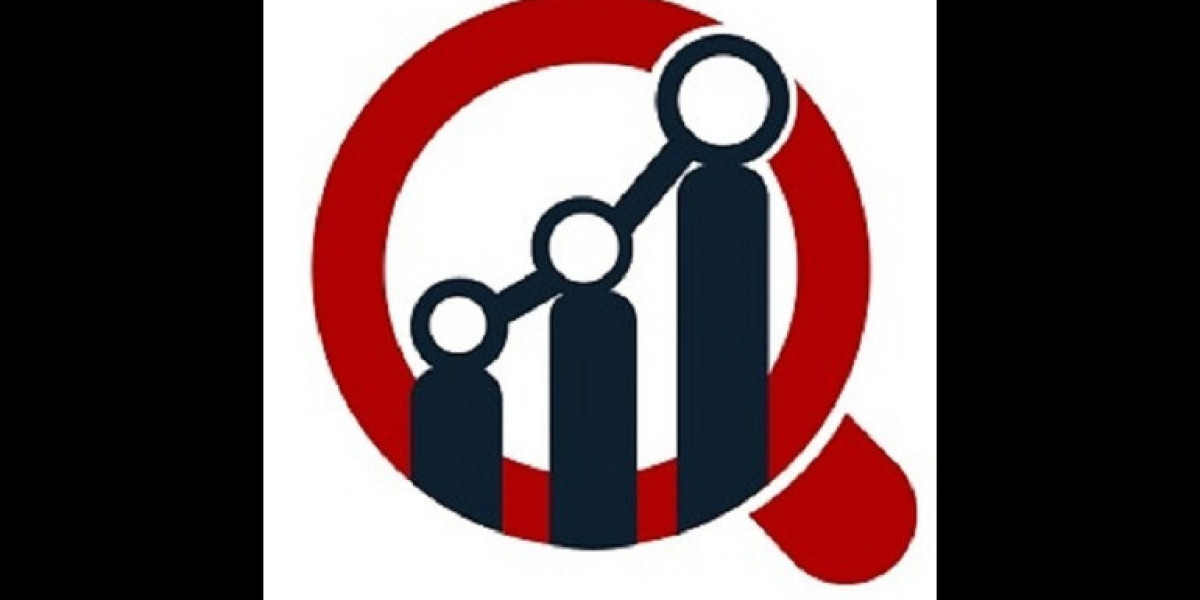The global financial ecosystem is undergoing a significant transformation as consumers and institutions increasingly seek ethical, transparent, and resilient financial models. This movement is reflected profoundly in the rising prominence of Islamic Finance Market Trends, which showcases how Shariah-driven principles are reshaping modern economic structures. With a focus on fairness, risk-sharing, and asset-backed transactions, the Islamic finance industry is becoming a preferred alternative for both Muslim and non-Muslim investors worldwide.
Ethical Banking and the Rise of Shariah-Compliant Financial Models
The surge in Shariah-compliant finance reflects a growing global preference for socially responsible and ethical banking practices. Unlike conventional systems, Islamic banking prohibits interest-based earnings and instead encourages profit-sharing and partnership-based arrangements. This unique structure appeals to investors seeking interest-free investment opportunities aligned with halal financial services.
The industry is witnessing increased participation from commercial banks, fintech firms, and international financial institutions as ethical finance gains momentum worldwide.
Digital Transformation Strengthening Islamic Financial Services
Technology continues to accelerate efficiency and accessibility across the Islamic finance sector. The rise of digital payment platforms, mobile banking, and automated compliance tools is expanding the reach of halal-based products to a wider audience.
Digital growth in related sectors further supports this transformation. The rapid adoption of instant transactional systems, such as those highlighted in the Real Time Payment Market, showcases how advanced payment infrastructures are benefiting Islamic banking operations. Similarly, the expansion of the GCC Personal Loans Market aligns with the growing demand for Shariah-compliant lending options in regional markets.
Increasing Global Adoption and Market Diversification
Islamic finance has evolved beyond traditional banking institutions to include a broad spectrum of financial products and services such as:
Sukuk (Islamic bonds)
Takaful (Islamic insurance)
Shariah-compliant investment funds
Islamic microfinance solutions
Ethical wealth management
This diversification caters to retail, corporate, and institutional investors seeking risk-averse and value-driven financial instruments.
Furthermore, international markets, including non-Muslim-majority regions, are adopting Islamic banking frameworks to accommodate diverse investor bases and encourage cross-border partnerships.
Socioeconomic Drivers Fueling Industry Growth
Several factors continue to accelerate the global expansion of Islamic finance, including:
Increased consumer preference for ethical investment models
Rising awareness of Islamic banking principles
Government-led initiatives to strengthen Shariah governance
Expanding digital ecosystems supporting financial accessibility
Growing global Muslim population and rising middle-class income
These drivers collectively promote widespread acceptance and long-term growth of ethical financial systems.
Future Outlook: Advanced Compliance, Digital Integration, and Ethical Wealth Management
The future of Islamic finance is poised for sustained innovation as technology and ethical investing converge. Key trends that will shape the industry's next phase include:
AI-driven Shariah compliance monitoring
Expansion of digital-only Islamic banks
Global sukuk market strengthening
Micro-takaful and inclusive finance models
Cross-border halal investment partnerships
As the sector evolves, it promises greater financial resilience, transparency, and inclusivity.
FAQs
1. Why is Islamic finance becoming more popular globally?
Its emphasis on ethical banking, risk-sharing, and interest-free investment appeals to individuals seeking responsible and transparent financial services.
2. How is digital transformation impacting Islamic finance?
Technologies like mobile banking, real-time payments, and automated compliance tools are expanding access and improving operational efficiency across Islamic financial institutions.
3. What financial products are commonly offered in Islamic finance?
Popular offerings include Shariah-compliant loans, sukuk, takaful insurance, ethical investment funds, and halal financial services tailored to modern consumer needs.
? MRFR BFSI Radar: Real-Time Market Updates ➤
us managed security services market 2025 pdf
market size of cryptocurrencies







